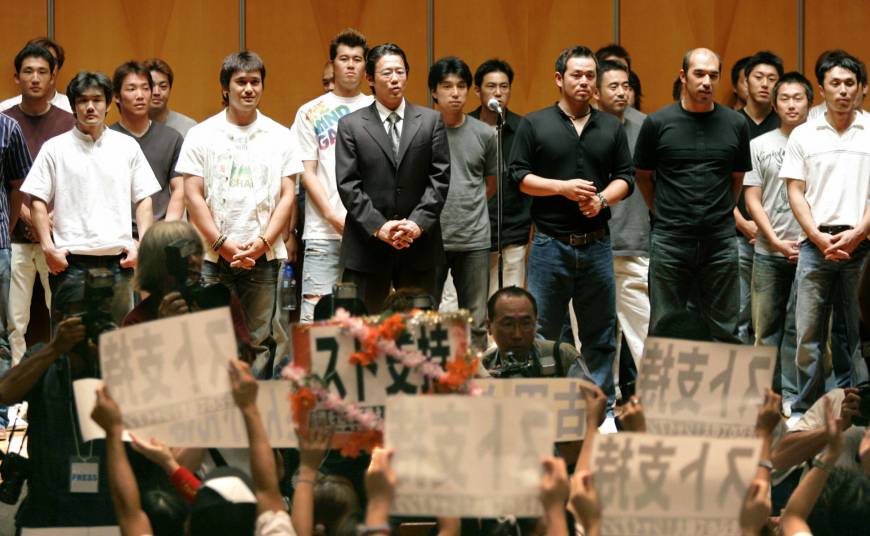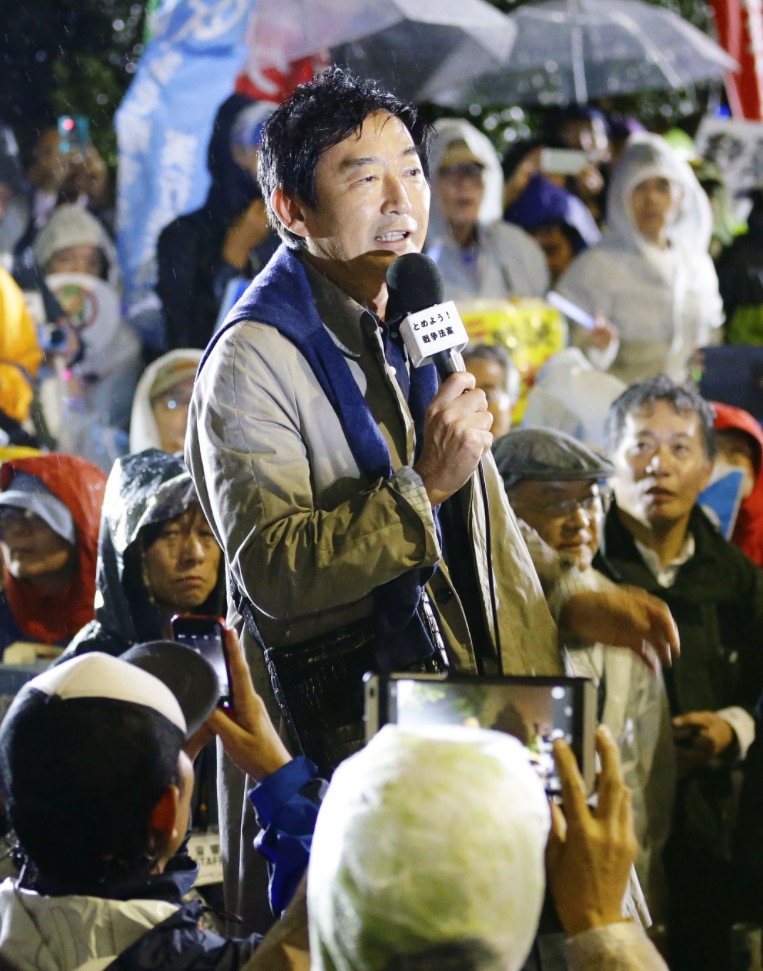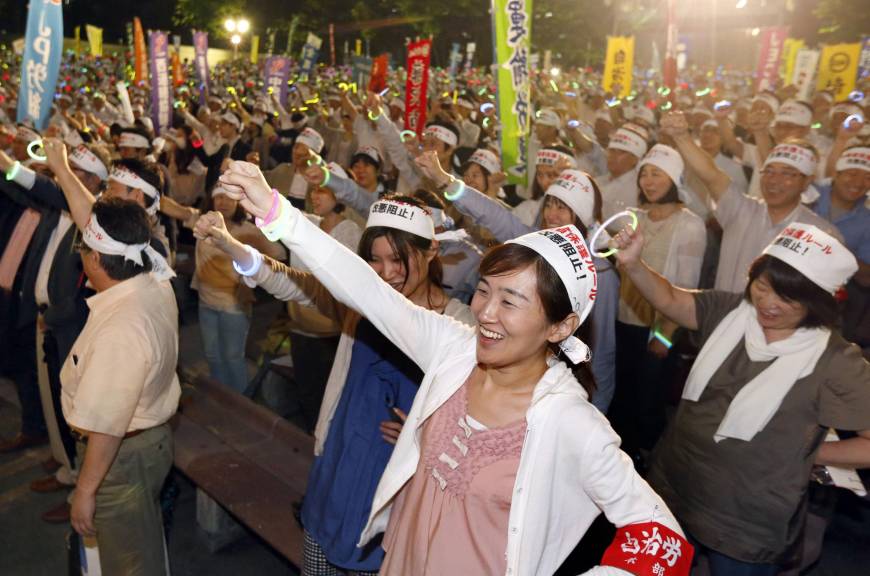This month’s Labor Pains is not really about a labor issue per se. The life of a worker is more than work. We don’t toil from cradle to grave.
There are times when we cannot work due to sickness or injury, although in Japan, many force themselves to labor through both, as indeed my translator and editor happen to be doing at this very moment. Unhealthy devotion to work is a serious problem in our society, so I’m a bit of a hypocrite to ask them for their help despite their painful injuries.
There are also times when we cannot find work despite being able-bodied. Today, I’d like to talk about the system in place to protect you when all other safety nets fail. I want to discuss the difference in the rights foreign and Japanese citizens have when it comes to seikatsu hogo, or welfare. I want to dispel the profound misunderstandings surrounding the 2014 Supreme Court verdict about the right foreign residents have — or don’t have — to welfare.








